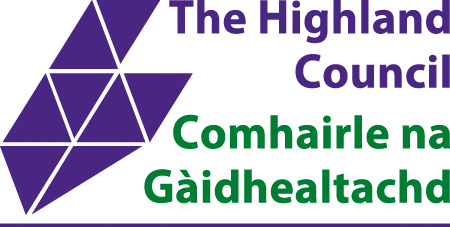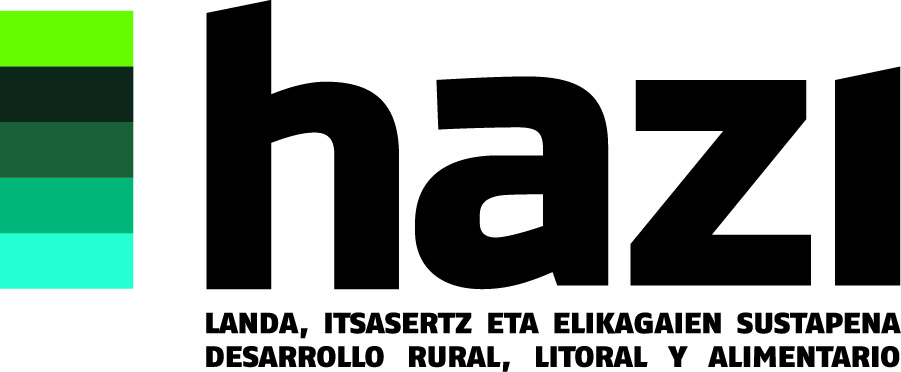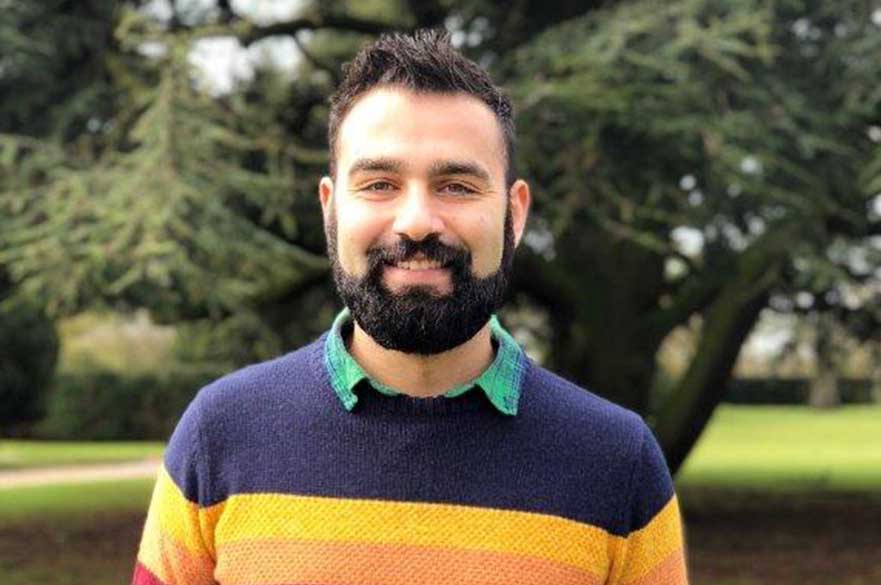Role
Dr Guaduneth Chico started his studies in Geography at La Laguna University (Tenerife) and completed his BSc (Hons) at Plymouth University in 2014. He was awarded with an EU studentship to do a MSc in Climate Change and Geographic Information at Swansea University, where he won a prize for the best dissertation project in geographical information systems (GIS).
In 2020, Dr Guaduneth Chico completed his PhD in Environmental Sciences, researching the use of new geospatial technology, including Terrestrial Laser Scanning, to measure erosion in peatland environments in northern Spain. He had strong collaborations with the regional governments in Spain, and he had participated in the Ordunte Sostenible LIFE+ project, funded by the European Union. In addition, he is also leading different research projects in collaboration with Bizkaia Provincial Council and HAZI foundation looking at the restoration action in blanket bogs and how we can reintroduce Sphagnum mosses in peatlands. He has been also granted recently with an Early Career Research grant from the British Society for Geomorphology to extent his erosion experiments across blanket bogs in Europe.
He is currently a Lecturer in Environmental Sciences and GIS at Nottingham Trent University and he is leading the Peatlands Research Group in the British Ecological Society.
Career overview
Lecturer in Environmental Sciences and GIS (From October 2019)
Geographical Information Systems modules in Geography, Environmental Sciences and Wildlife Conservation
Nottingham Trent University – England – UK
Research Fellow in Peatland restoration (From October 2019 to October 2020)
Monitoring and restoration actions in peatland environments. Re-introduction of Sphagnum spp in collaboration with HAZI foundation and Bizkaia Provincial Council
Nottingham Trent University – England – UK
Principal Investigator (From January 2018 to December 2021)
Post-LIFE Ordunte Sostenible. Project focus in monitoring the effects of restoration in peatland environments. Budget: £15,000
Bizkaia Provincial Council – Basque Country – Spain
Hourly Paid Lecturer (From January 2018 to October 2019)
GIS & Wildlife conservation, Climate Change, Integrated project
Nottingham Trent University – England – UK
Demonstrator (From January 2017 to October 2019)
GIS practicals, physical geography, GPS and remote sensing
Nottingham Trent University – England – UK
Research Assistant (April – August 2016)
Peatlands, remote sensing, LiDAR
Nottingham Trent University – England – UK
Research Assistant (November 2015 – February 2016)
GIS analysis, data management, laboratory work
Swansea University – Wales – UK
Research areas
- GIS
- Peatlands
- Remote Sensing
- Geography
- Climate Change
External activity
Research Grants
Project: Provision of the Review and Update of the Flow Country Comparative Study
Founder: The Highland Council

Period: 2021
Amount: £14,087.12
Further information: This project will provide with a comparative study of blanket bogs to support the nomination of The Flow Country as UNESCO World Heritage Site.
Project: Post-LIFE - monitoring restoration success in Zalama blanket bog
Founder: Provincial Council of Bizkaia

Period: 2018 - 2021
Amount: £28,345
Further information: This research project is a 3 years research that aims to 1) monitor surface changes in blanket bogs (erosion rates), 2) understand the water tables in restored and unrestored areas of blanket bogs and 3) evaluate vegetation changes in the peatland surface of Zalama blanket bog.
Publications:
2) Chico, G. & Clutterbuck, B. (2018) LIFE+ Ordunte Sostenible Report
Project: Restoration and communication of Zalama blanket bog
Founder: HAZI foundation

Period: 2019-2021
Amount: £13,500
Further information: This research aims to reintroduce Sphagnum spp. in Zalama blanket bog and publish a brochure about the research and restoration actions done in this blanket bog.
Project: Geomorphological surface changes on peatlands surfaces and their role in climate change
Founder: British Society for Geomorphology
Period: 2021-2022
Amount: £5,000
Further information: This is an Early Career Research Grant to extent the peat erosion experiments in Spain and start new experiments across the UK.
Project: Ecological assessment of European blanket bogs
Founder: Nottingham Trent University
![]()
Period: 2020-2021
Amount: £8,424
Further information: This internal project application propose the establishment of three erosion study sites in the United Kingdom to compare with the current ongoing experiments in Spain. The sites in the United Kingdom will be located in Scotland (Flow Country), Moor House (England) and Peak District (England) in collaboration with different organisations.
Project: Geomorphological assessment of unrecognised blanket bogs in North Spain
Founder: British Society for Geomorphology
Amount: £1,000
Further information: This grant will significantly extend the mapping of blanket bogs in the Cordillera Cantábrica. Additional blanket bog sites that are currently unrecorded have been provisionally identified (Chico et al. 2019) and these additional sites represent the largest extent of blanket bog identified to date in Spain. The geomorphological assessment of these areas is, therefore, highly significant to the Spanish and European peatland inventory.
Sponsors and collaborators
- Diputación of Bizkaia
- Cantabria government
- Natural England
- LIFE+ Ordunte Sostenible
- Fundación HAZI
